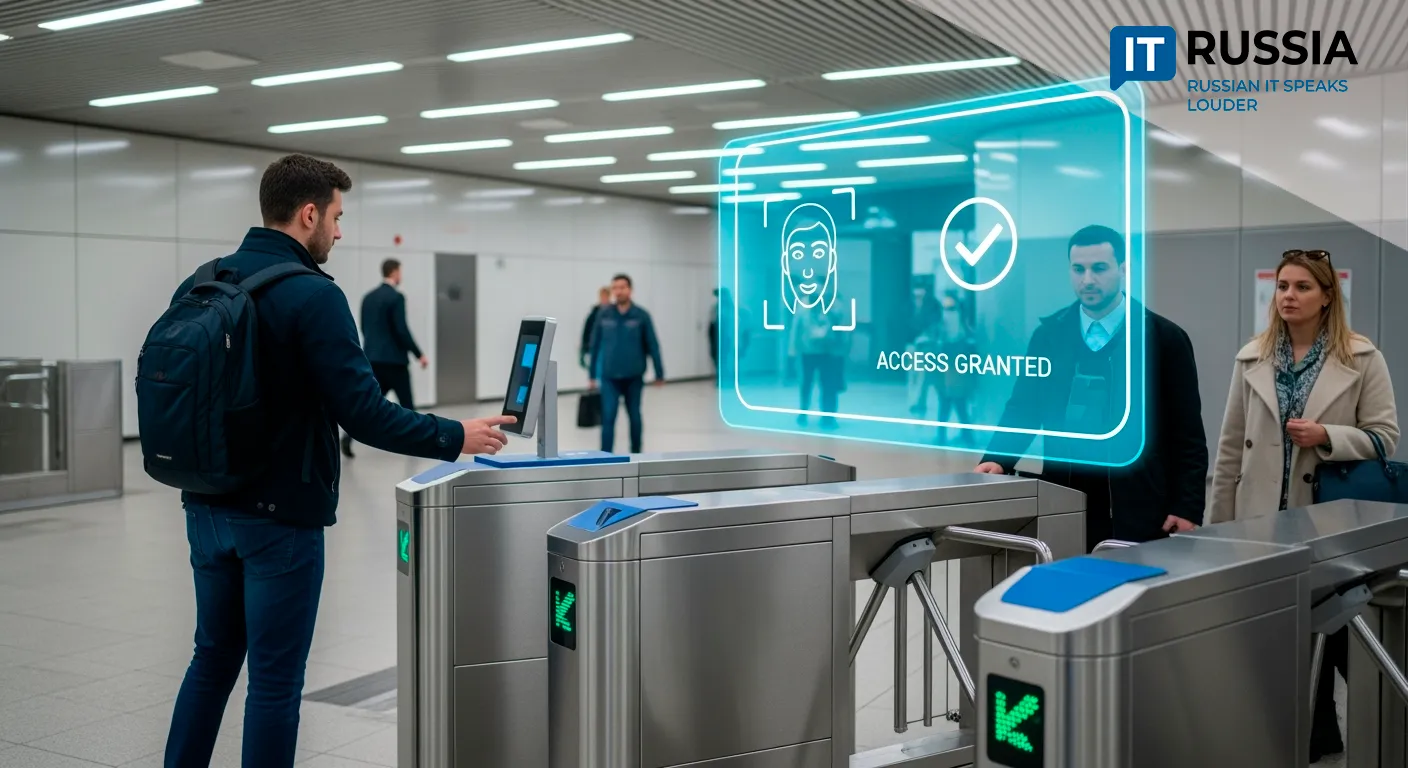AI "Anticartel": Russia’s New Digital Weapon Against Procurement Fraud

A new AI-powered system is reshaping Russia’s approach to public procurement oversight — and it could soon serve as a model for other nations battling cartel behavior.
Proactive Oversight Through Artificial Intelligence
Starting August 1, 2025, Russia’s Federal Antimonopoly Service (FAS) will officially deploy the government information system “Anticartel,” an AI-driven platform designed to root out fraudulent collusion in public procurement. The system targets tenders governed by laws No. 44-FZ and No. 223-FZ, representing the bulk of government purchases in Russia.

Built on machine learning and big data
analytics, Anticartel monitors procurement activity 24/7 across the Unified
Information System (EIS) and the “GIS Torgi” platform. Instead of merely
catching violations after they occur, it forecasts suspicious activity at the
application stage — a paradigm shift in fraud prevention.
Protecting Billions Through Smarter Algorithms
With over 30 million tenders conducted annually, the traditional system — based on manual checks and complaints — simply cannot keep up. Anticartel tackles this by identifying indicators of cartel behavior such as similar bids, repeated participants, synchronized submission timings, and shared technical language.

The system then ranks each tender by its likelihood of fraud. Many of the schemes it detects would have gone unnoticed using legacy methods. Russia has estimated annual losses in the hundreds of billions of rubles due to cartel activity. Over the next 1–2 years, the government expects a 20–30% drop in such losses and a 20–25% boost in procurement efficiency.
Automation and International Potential
By 2026, it is projected that up to 70% of antimonopoly enforcement actions will be automated. This technological leap supports budget protection while enhancing fairness in public tenders.
FAS launched the system with a budget of
roughly 240 million rubles in May of the previous year. Early tests analyzed
16.7 million procedures and flagged more than 14,000 potential violations. Of
those, 87% were resolved pretrial — highlighting the system’s strong
evidentiary value.
Anticartel is an evolution of “Big Digital Cat,” the system first introduced in 2022. Analysts describe it as a transformative tool — shifting regulatory culture from reactive to predictive, from selective to systemic.

Countries like India, Brazil, Turkey, and
markets across Africa and Southeast Asia, which struggle with similar
procurement integrity issues, could benefit from deploying similar models.
Anticartel’s export potential, especially with legal localization, is
substantial.










































